- How social media has reshaped the gamer community
- The rise of gaming communities through social media
- Global connections
- A hub for information
- Creation of micro-communities
- The impact of social media on eSports and content creation
- Boosting eSports
- Streamers as celebrities
- How social media fuels gamer toxicity
- Online harassment and toxicity
- Group-think and cancel culture
- Practical tips for healthier engagement in the gaming community
- Conclusion
How social media has reshaped the gamer community
Hey fellow gamers! Let’s talk about something most of us take part in daily but may not fully appreciate—social media in the gaming world. Trust me, social platforms have completely changed how we game, how we connect with each other, and even how games are developed. Social networks aren’t just a place to post selfies anymore. In fact, they’re a double-edged sword for the gamer community, influencing both positively and negatively.
Now, if you’re like me, you probably use platforms like Twitter, Reddit, Discord, Twitch, and even Facebook to chat with gaming buddies, follow trends, and get exclusive content from some of your favorite developers. But have you ever thought about how all this social interaction has fundamentally transformed the gamer community, both for the good and the bad?
In this article, I’ll walk you through the major ways social media has impacted gamers. Whether you’re using it to follow updates on the latest releases or argue if PC is better than consoles (spoiler: it totally is), there’s no denying that social networks have reshaped our digital world. We’ll break this down step-by-step, looking into community building, eSports growth, and even toxicity. Let’s dig in!
The rise of gaming communities through social media
Gaming has always had a community aspect to it; LAN parties, couch co-op, and forum talks dominated back in the day. But social media has brought this to a whole new level. Here’s how:
Global connections
Before social networks, you were largely limited to playing with people geographically near you, or perhaps through online servers with strangers. But now, social networks allow gamers to form deep connections with other players from around the world. Whether it’s following your favorite streamers on Livestream, joining a clan on Discord, or diving into subreddits dedicated to specific games, platforms allow us to connect globally. Let’s face it, coordinating a Destiny 2 raid with a well-knit Discord team from different countries just feels awesome!
A hub for information
If you’re anything like me, you hate wasting time searching for gaming news across random sites. Thanks to social networks, finding news and updates couldn’t be easier. Twitter, Reddit, and Facebook serve as major hubs where developers and publishers drop the latest information, often before it’s published on formal gaming news sites. Not to mention, if you’re part of a fan community on Reddit, those news pieces get dissected and analyzed by fellow gamers quicker than you can say, “patch notes.”
Creation of micro-communities
Platforms like Reddit and Discord have led to the development of micro-communities centered on every genre, franchise, and even specific game mechanics. Whether you’re a dedicated GTA role-player or a No Man’s Sky traveler, you can easily find a niche group online that shares and discusses your exact interests. These micro-communities thrive because of the tailored experience they offer.
The impact of social media on eSports and content creation
Let’s not forget one of the largest shifts social networks caused—giving rise to influencers and eSports stars. The lines between professional gaming, streaming, and casual play have blurred thanks to platforms that turn gamers into stars. Here’s how social media has radically altered these spaces:
Boosting eSports
Once upon a time, eSports were hardly mainstream. Now, thanks to live streaming on platforms such as Twitch and YouTube, it’s easier than ever to follow your favorite Overwatch League or League of Legends tournaments. Twitter hashtags, along with dedicated esports subreddits and Facebook groups, attract thousands—sometimes millions—of viewers and participants to online events. No more hoping to catch a poorly recorded clip on YouTube a week later; it’s all live, immersive, and social.
Streamers as celebrities
Another massive change—streamers! Yes, while streamers existed before, platforms like Twitch and YouTube have made them bigger than ever. Social media acts as their PR team, allowing fans to interact directly with them and making them more accessible than traditional sports stars or actors. It also facilitates conversations, feedback, and even collaborations, which was unheard of in older gaming generations.
Just look at someone like Ninja. He’s bigger than some pop stars out there! And it all started on a Twitch account.
How social media fuels gamer toxicity
Alright, let’s be real here—not everything social media touches turns to gold. While it’s done wonders for the community in many ways, it’s also a breeding ground for toxicity. Gamers can often hide behind the screen, and that anonymity can bring out the bad kind of behavior. So what’s the deal?
Online harassment and toxicity
Sad but true, online platforms often become breeding grounds for hate and harassment. Gamers vent frustrations in toxic ways by trolling others, especially on platforms like Twitter, YouTube comments, and in-game chats on Twitch. This not only breaks down communication but also scares off newer gamers or people who aren’t used to public criticism. It’s important we call it out when we see it, because we all share the same virtual space.
Group-think and cancel culture
There’s also a problem of group-think and cancel culture that bubbles up in online communities. Games or devs can get “canceled” super fast with one viral post, true or not. Of course, holding developers and creators accountable is important, but misinformation spreads like wildfire on platforms like Twitter or Reddit without context or nuance. That snap judgment often hinders the game-development process or needlessly harms reputations.
Practical tips for healthier engagement in the gaming community
So how do we deal with the darker side of social media in gaming while enjoying its benefits? Let me give you a few tips that I’ve learned over the years.
- Curate your feed: Only follow accounts that add value to your gaming experience, whether through tips, news, or wholesome content.
- Block toxicity: If someone’s trolling or adding negativity to your thread, use the block or mute functions on platforms like Twitter, Reddit, and Discord. Don’t engage—it’s not worth it.
- Engage responsibly: If you love a game or a streamer, show support, but don’t go overboard. Always remember to be respectful in conversations.
- Support developers positively: Leave constructive feedback instead of just complaints when a game update isn’t perfect.
- Join positive communities: Platforms like Discord usually have more controlled and moderated spaces. Look for groups with a good reputation for being welcoming and inclusive.
Conclusion
Social media has both elevated and complicated the gamer community in numerous ways. On the one hand, it allows us to connect globally, share our love for games, and even make professional careers out of it. On the other hand, it also introduces negativity into our spaces through toxicity and group-think. But that’s how it goes—every sword has two edges, right?
At the end of the day, I think it’s down to us as gamers to steer the conversation in the right direction, hold each other accountable, and build healthier, stronger micro-communities. Because let’s be frank: gaming’s more fun when we do it together, without the nasty stuff social media sometimes brings along.
So what do you think? How has social media changed your experience as a gamer? Hit me up in the comments and let’s start that conversation—minus the trolls!


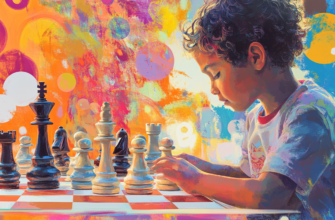
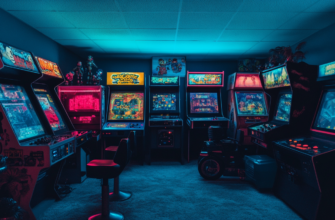
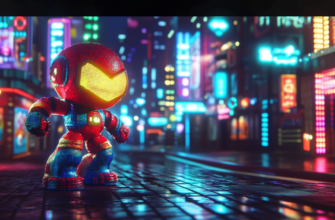
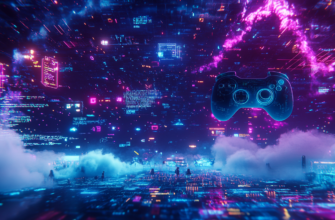
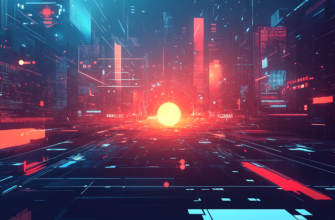
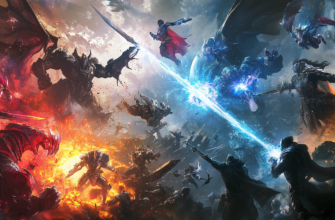
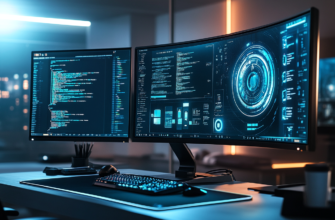
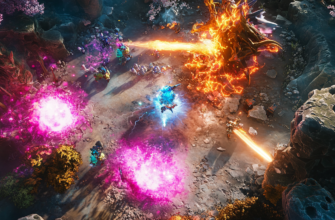
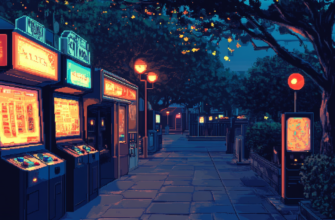
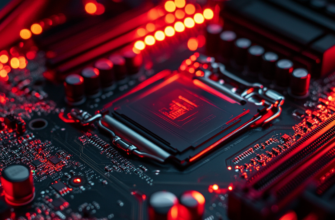
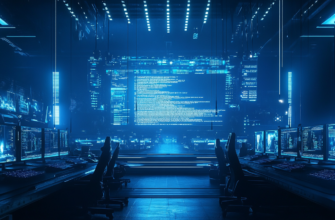


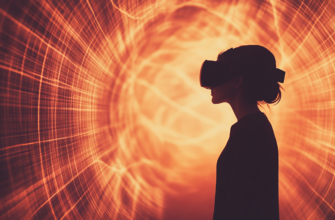
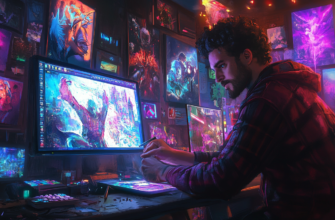
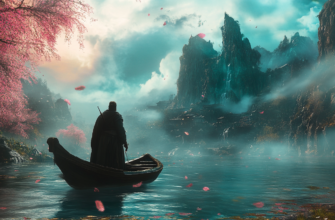
Valuable info. Fortunate me I found your site by chance, annd I’m shocked why this coincidence did not came aabout earlier!I bookmarked it. http://Boyarka-Inform.com/